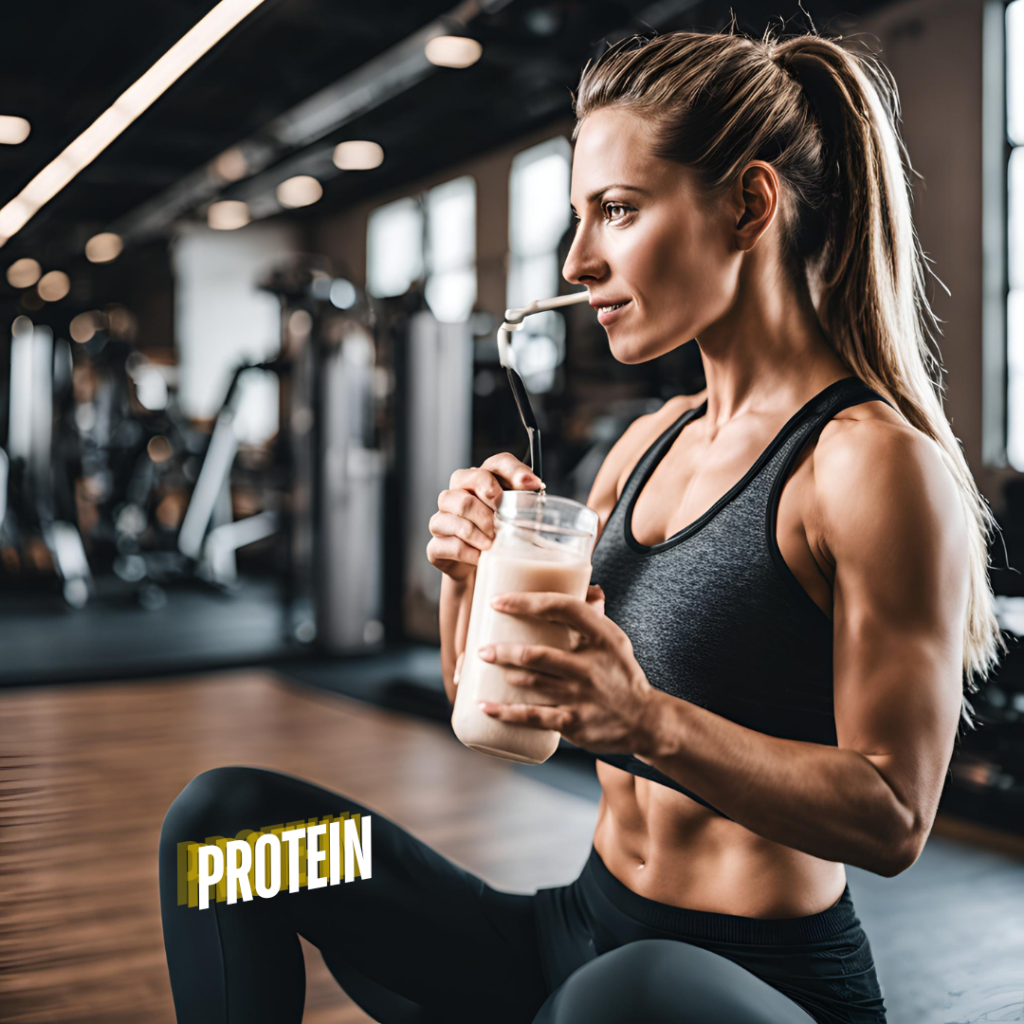Whether you’re lounging on the couch or dancing the night away, your metabolism is always at work. Understanding how this powerhouse operates and how to optimize it, especially during weight loss, can be the game-changer you need on your journey to a healthier, more energized you.
What is Metabolism?
Metabolism refers to the complex biochemical processes by which your body converts the food and drink you consume into energy. In other words, it’s how your body uses calories for energy. These processes are important for maintaining life and are divided into two main categories:
- Catabolism: This is your body’s way of breaking things down for energy. Imagine you have a stack of wooden blocks. Catabolism is when you take those blocks apart to use the pieces to build a fire. Your body does this with the food you eat, breaking it down into smaller components to release energy.
- Anabolism: This is the opposite—it’s your body’s way of building things up. Using the wooden blocks analogy again, anabolism is when you take those pieces and use them to construct something new, like a house. In your body, anabolism helps create new cells, tissues, and other necessary components from the small pieces provided by the breakdown of food.
Your basal metabolic rate (BMR) is the rate at which your body burns calories to sustain basic functions such as breathing, circulating blood, and repairing cells. This is simply the energy your body needs to function normally, even when you’re resting or asleep.
In other words, your body uses almost all of the calories you eat to fuel basic functions like breathing, digesting food, circulating blood, building and repairing cells and tissues, and feeding your brain.
There really isn’t much you can do to change your BMR. Factors such as age, gender, genetics, and body composition influence BMR.
In addition to BMR, total daily energy expenditure (TDEE) includes all activities and physical exercise you perform throughout the day.
How Weight Loss Affects Metabolism
When you lose weight, several changes occur in your metabolism:
- Reduction in BMR: As you lose weight, your BMR decreases because a smaller body requires fewer calories to function. This can make it progressively harder to lose more weight for some people.
- Muscle Mass: During weight loss, some muscle mass is often lost along with fat. Since muscle tissue burns more calories than fat tissue, a decrease in muscle mass can lower your BMR.
- Adaptive Thermogenesis: This is a process where the body becomes more efficient at conserving energy, often referred to as “starvation mode” and can significantly slow down metabolism.
Strategies to Boost Metabolism During Weight Loss
- Strength Training: Resistance exercises help build and maintain muscle mass, which can increase your BMR. Muscle tissue is metabolically active, meaning it burns more calories at rest than fat tissue. A healthy muscle mass lowers your risk for falls and helps maintain your balance and strength. As we age, we lose muscle mass, so strength training is extremely important.
- High-Intensity Interval Training (HIIT): HIIT involves short bursts of intense exercise followed by recovery periods. This type of workout can elevate your metabolism for hours after the exercise session. It also helps build muscle and improves heart health and overall endurance.
- Adequate Protein Intake: Protein is needed to build muscle. Consuming enough protein is also important for muscle repair and growth. Protein also has a higher thermic effect compared to fats and carbohydrates, meaning your body uses more energy to digest it, which in turn boosts your metabolism. You want to focus on lean proteins like grilled chicken, fish, beans, eggs, and legumes. Other good lean protein sources include tofu, Greek yogurt, chickpeas, and nuts and seeds.

- Stay Hydrated: Drinking water can temporarily boost your metabolism. A study published in the Journal of Clinical Endocrinology and Metabolism found that drinking 500 ml of water (about 17 ounces) can increase metabolic rate by about 30% for up to an hour.
- Get Enough Sleep: Poor sleep can negatively affect hormones like leptin and ghrelin, which regulate hunger and metabolism. Aim for 7-9 hours of quality sleep per night to support metabolic health.
- Stay away from restrictive diets: Sure, eating less food will help you lose and maintain weight. But being too restrictive about what you eat can actually cause your metabolism to slow down. This is because your body senses you’re not getting enough calories, especially if you’re also exercising and it signals your metabolism to slow down. Instead, try eating regular meals when you are truly hungry to help keep your metabolism up. Focus on protein-rich foods and nutrient-rich whole foods.
- Manage Stress: Chronic stress can lead to hormonal imbalances that negatively impact metabolism. Incorporating stress-reducing practices such as meditation, yoga, or deep-breathing exercises can be beneficial.
- Consider Thermogenic Foods: Certain foods and beverages, like green tea, coffee, and spicy foods, can temporarily boost metabolism through their thermogenic effects.
As we age, our hormone levels start to change. Low levels of certain hormones, like growth hormone, thyroid hormone, estrogen, and testosterone, are linked to a slower metabolism. Make sure to get your hormone levels checked if you feel sluggish or notice unexplained weight gain.
If you want to work with a dedicated healthcare provider to make meaningful lifestyle changes to support a healthy metabolism, contact us at BIFAT Center. We’re here to help you take the first step to a new, healthier you.


Leave a Reply